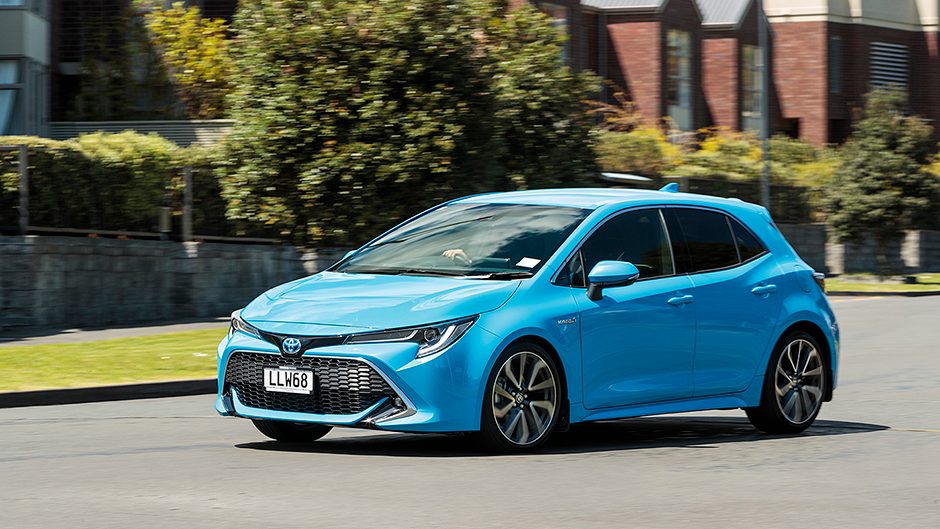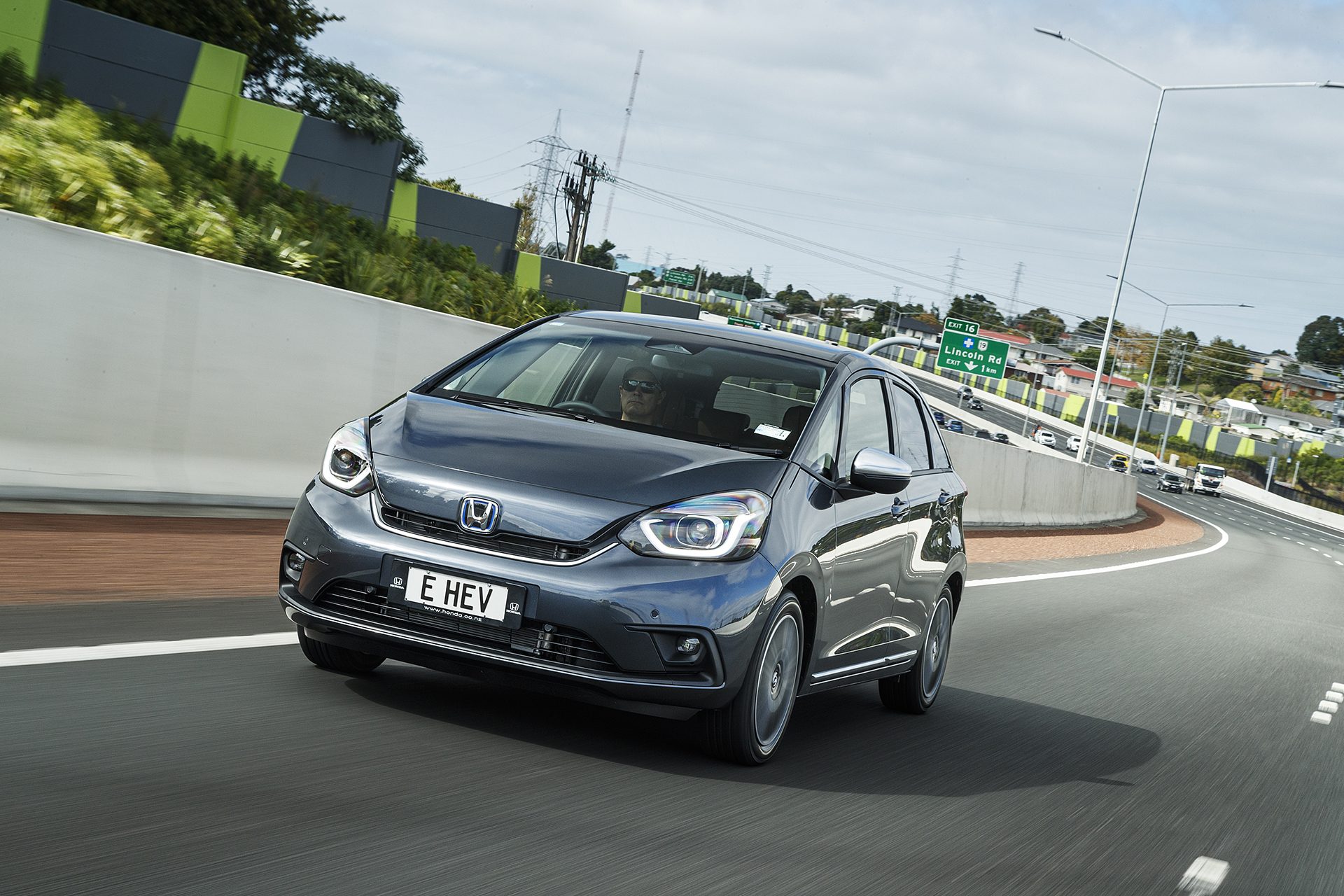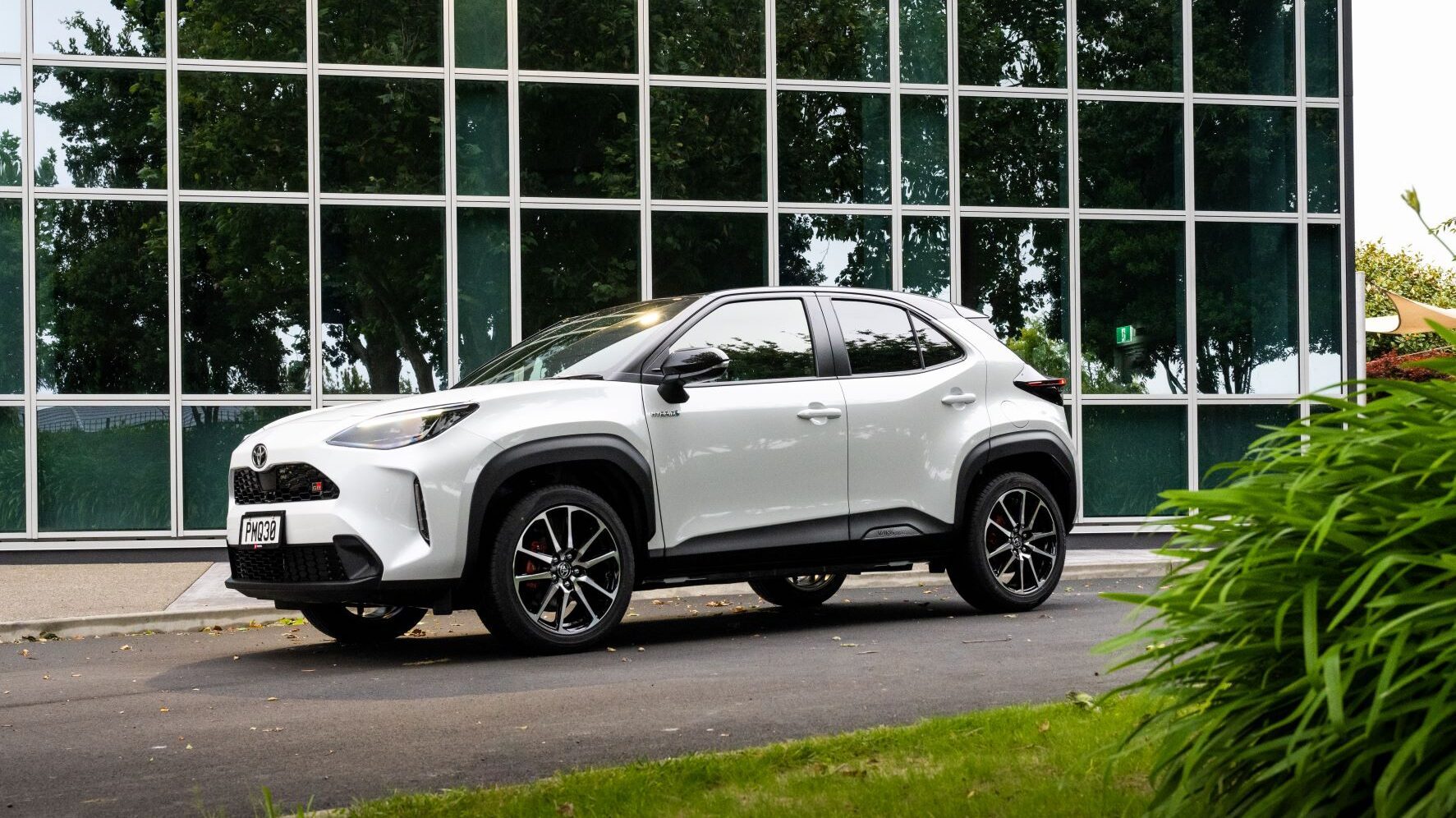Feature article
NZ’s top 5 most fuel-efficient cars
The cost-conscious want to get excellent fuel-efficiency from their vehicle. Here’s 5 of NZ's most fuel-efficient cars.

To EV or not?
LT Honda Jazz eHEV Luxe
Are plug-in hybrids the way to go?
What about something that doesn’t require charging?
Yaris Cross GR Sport-e
Check the label
Plugless fuel champs
Car Gallery
Fill ‘er up
Author
Other articles you might like






